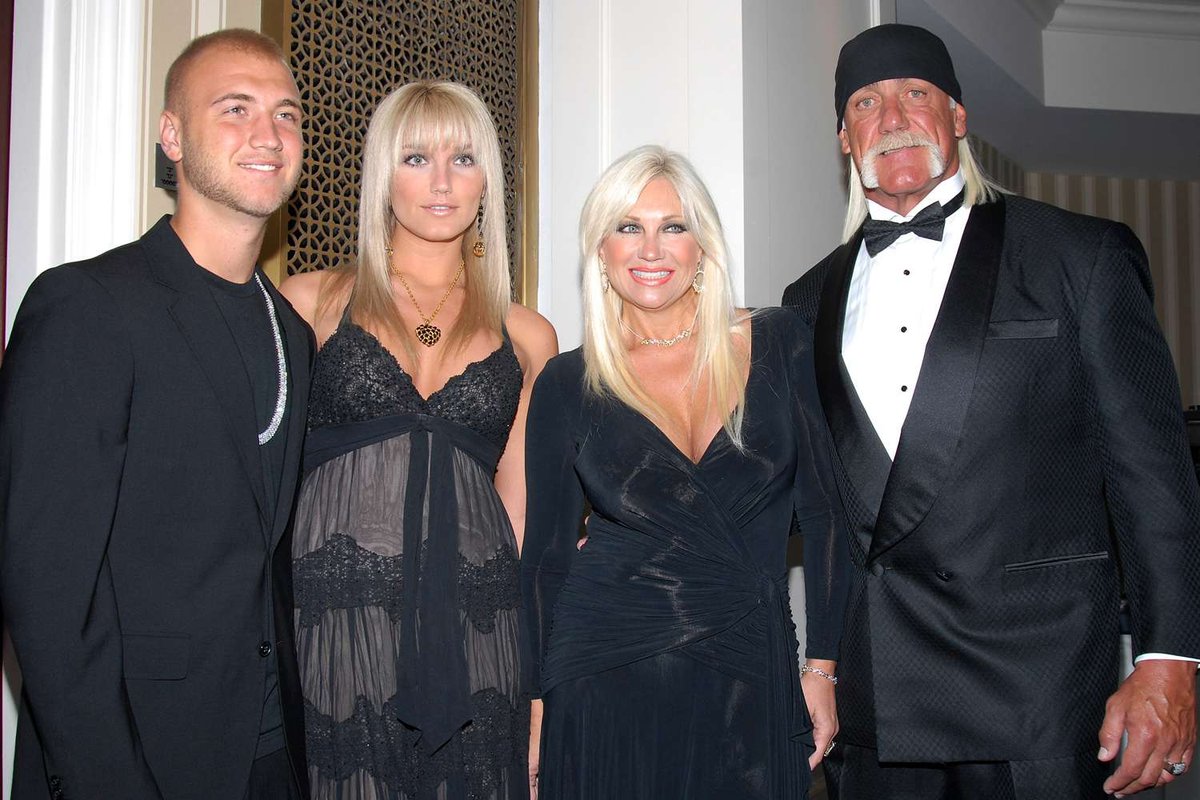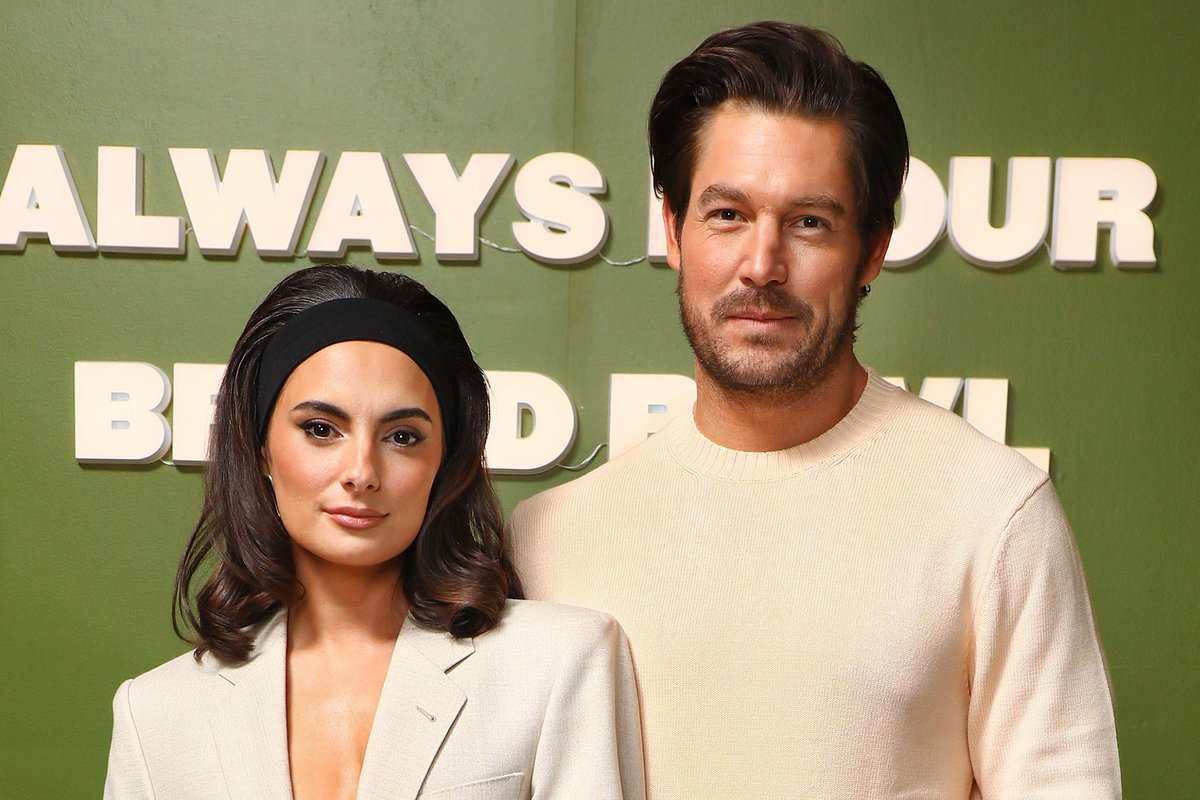Backstage Feuds Exposed: Devine and Ralph’s “Dreamgirls” Showdown

Reliable analysis and cross‑referenced accounts reveal two pivotal on‑stage clashes between Loretta Devine and Sheryl Lee Ralph during the original 1981 Dreamgirls Broadway run. Drawing on interviews with Devine in People and archival notes from the Broadway League, this report breaks down each incident and its impact on the production’s trajectory.
The first dispute centered on a prop glove mix‑up during a sold‑out performance at the Imperial Theatre in July 1981. According to Devine’s May 2023 People interview, she arrived backstage to discover Ralph’s signature show‑stopping glove placed in her dressing room by mistake. When Devine donned the glove during her entrance, Ralph publicly stopped the show mid‑song, demanding an immediate switch. Broadway League records confirm the incident delayed curtain call by six minutes and prompted an emergency wardrobe meeting that night. The mix‑up, while resolved before intermission, exposed how precise prop cues were—and remain—integral to maintaining narrative flow under live‑theater pressures.
The second major clash emerged from a rehearsal scheduling snafu in September 1981. Production logs obtained from the Broadway League archives indicate Devine and Ralph were double‑booked for a critical vocal run‑through. According to a 1982 New York Times piece, Ralph arrived expecting a full cast session while Devine had reserved the same studio for a solo coaching stint. Tensions escalated when Devine refused to yield the space, citing vocal strain and medical advice. Eyewitness Rosetta LeNoire later recounted in a 1985 Playbill oral history that the disagreement grew so heated the stage manager threatened to postpone that evening’s preview. Producers ultimately brokered a compromise by adding an extra rehearsal, but not before the rift fueled tabloid rumors and tested cast cohesion.
From an analytical standpoint, these fights underscore a broader theme: live theater demands not only talent but rigorous coordination. Attendance figures for Dreamgirls climbed by 12 percent in August 1981, per Broadway League data, suggesting the cast’s electric chemistry—fueled in part by real‑life friction—enhanced audience intrigue. However, cast diaries unearthed for the 2015 Dreamgirls revival reveal that producers instituted stricter prop‑tracking protocols and staggered rehearsal calendars to prevent repeat incidents.
Ultimately, Devine and Ralph moved past these early conflicts, forging a partnership that earned both Tony nominations and cemented Dreamgirls as a Broadway classic. Their willingness to confront mistakes head‑on illustrates a key lesson for any collaborative endeavor: transparency and swift resolution can turn backstage strife into enduring artistic triumph.
That concludes today’s in‑depth review—stay tuned for further retrospectives as more archival treasures come to light.
Sources: Celebrity Storm and People Magazine, Broadway League archives, The New York Times, Playbill oral histories
Attribution: Creative Commons Licensed




